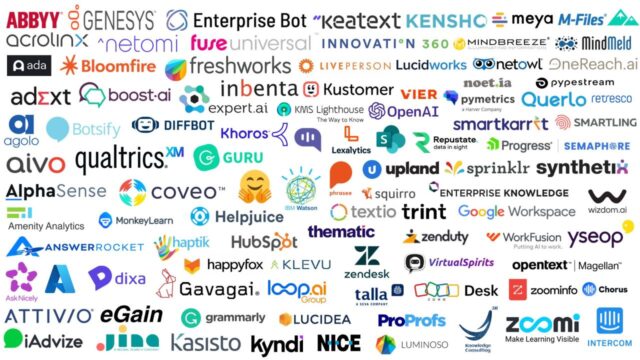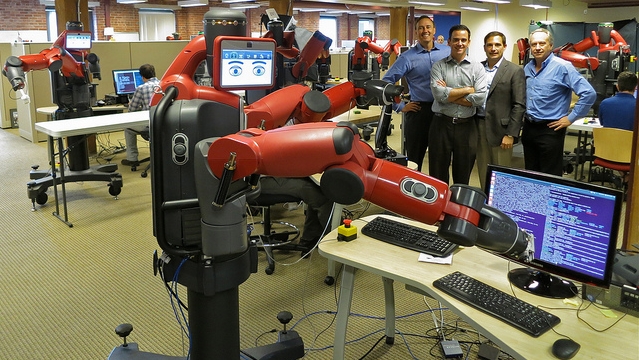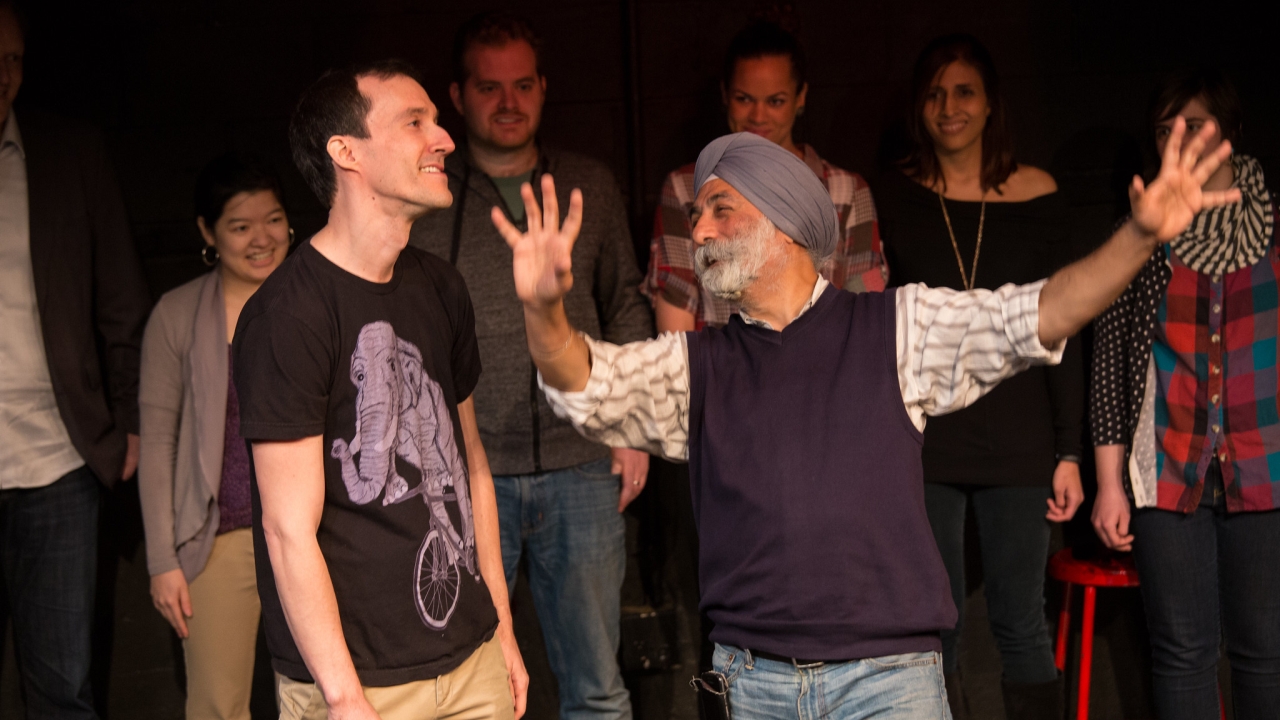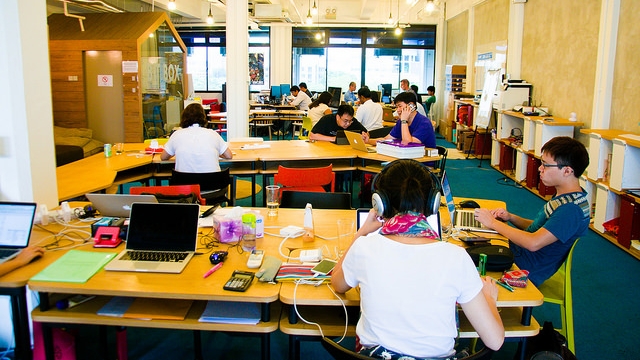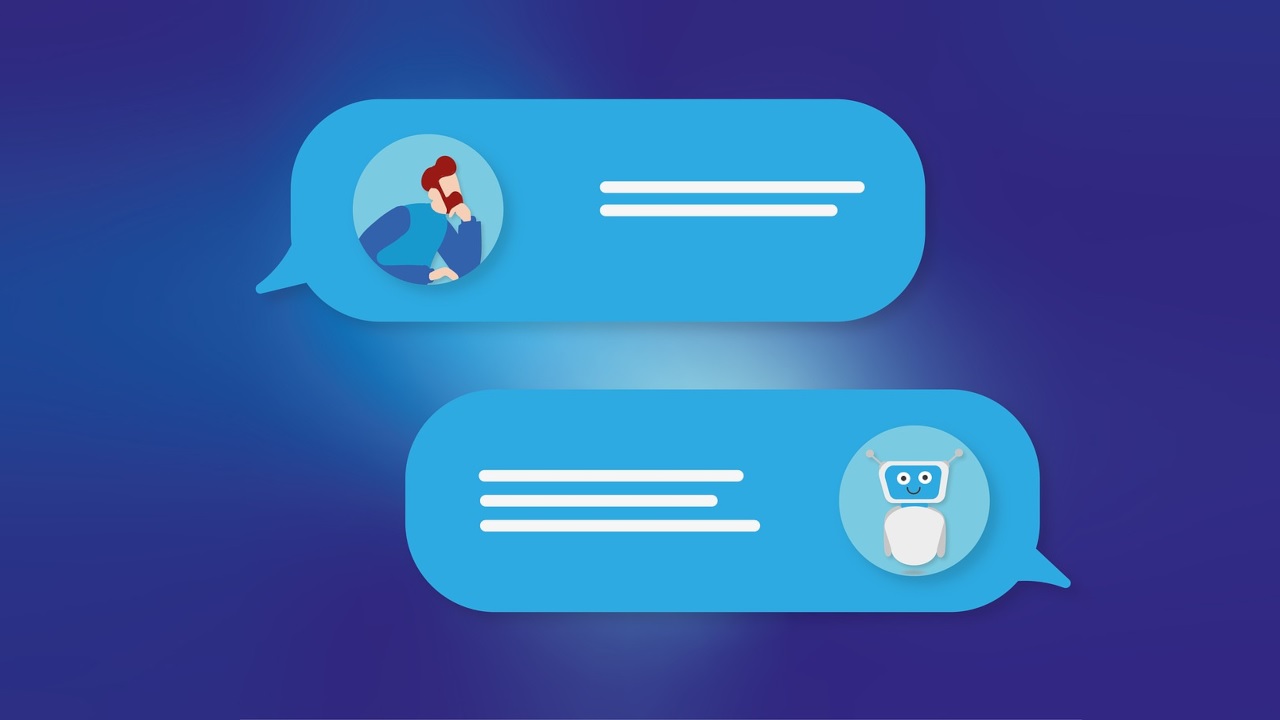
Using AI to augment creativity
Originally posted on The Horizons Tracker.
Earlier this year, I pondered what impact the new wave of AI tools might be having on our ability to think and be creative. The article questioned the traditional narrative, that AI-based tools free us from drudgery and thus give us more time to think and create.
The article was based on studies suggesting that often we become slaves to technology, with our time spent servicing it rather than being liberated by it. It’s a narrative contested by a recent study1 from the University of Southern California, which highlights how AI can support our creativity, albeit only under certain conditions.
“We found that AI assistance changes job design by intensifying employees’ interactions with more serious customers,” the researchers explain. “This change enables higher-skilled employees to generate innovative scripts and develop positive emotions at work, which are conducive to creativity.”
Supporting work
The findings are based on work undertaken in a telemarketing firm. Forty sales agents, comprising the top third and bottom third performers, were selected to receive AI assistance in their interactions with a total of 3,144 customers.
Traditionally, the company followed a two-step approach to its sales process. Firstly, employees would contact customers to provide general information and assess their level of interest, aiming to generate sales leads defined as individuals who expressed interest in learning more about the product without committing to a purchase.
The lead generation process involved the use of scripted interactions, with uninterested customers being filtered out. Subsequently, employees would engage with the leads to better understand their requirements and persuade them to make a purchase, such as applying for a credit card, as part of this experiment.
AI assistance
To facilitate the first step of the experiment, the company adopted AI conversational bot technology, leveraging cutting-edge advancements in deep-learning neural networks, voice recognition algorithms, and natural language understanding via bidirectional encoder representations from transformers. The AI bot had undergone extensive training using terabytes of telemarketing call data, enabling it to engage in natural, human-like conversations with customers.
Remarkably, the AI technology performed so well that during the initial two- to three-minute conversations, nearly 97% of customers were unable to discern whether they were interacting with a human sales agent or the AI bot.
The results were indeed impressive. Approximately half of the customers who made calls were confirmed as sales leads. What’s more, customers who received assistance from AI-assisted sales agents were almost twice as likely to make a purchase compared to those served solely by human sales agents.
Successful resolution
With the aid of AI, the average agent experienced a 2.3-fold increase in successfully addressing questions they had not previously been trained for. In the case of top-performing agents, the assistance provided by AI resulted in a 2.8-fold improvement in their ability to respond to untrained questions, in comparison to their performance without AI assistance.
“AI can help your employees become more creative at work, but it only applies to your higher-skilled employees. With AI eliminating menial drudgery, those higher-skilled employees can use their potential to achieve more creative outcomes. However, your lower-skilled employees might not simply have the ability to achieve creative outcomes,” the researchers explain.
Suffice it to say, this doesn’t mean that you should dismiss those lower-skilled employees, and the researchers accept that there may be numerous other ways in which such people can improve their performance, whether through mentoring, training, or support from peers.
Indeed, AI can help those people too, as the study found that because the chatbot took care of customers who were less serious about the products, the human agents were left with those who were easier to serve and didn’t require as much persuasion.
The jury remains out
The introduction of AI in customer service has garnered mixed reactions, particularly from lower-skilled workers who find that it complicates their tasks rather than simplifying them. Many customers tend to disconnect during the initial stages of a call, leading to frustration among these workers.
They express that AI exacerbates the difficulty of their job, as they struggle to provide the necessary information to address customers’ needs effectively. Consequently, this demoralizes them, amplifying the perceived intensity of their work.
Unlike before, where interactions may have been mundane but less mentally demanding, every call now requires active engagement and the ability to serve customers based on their specific requirements.
The need for a sober assessment
According to the researchers, it is common for individuals to perceive AI as a dangerous threat to human existence. However, there are numerous ways in which technology can assist and empower humans. Understanding the processes that are best suited for such utilization becomes crucial.
One notable example lies in the realm of recruitment. Increasingly, recruiters have employed AI for initial screening, allowing human experts to handle subsequent interview stages. LinkedIn surveys have reported that 67% of hiring managers view AI as a valuable time-saving tool in this context. Similarly, in healthcare services, where triage processes are employed to categorize patients, AI has proven helpful in supporting employees with medical chart coding.
These instances illustrate how AI can be harnessed to augment human capabilities and enhance efficiency in certain processes. It is essential to discern which areas are most appropriate for the integration of technology to strike a balance between automation and the human touch.
Article source: Using AI To Augment Creativity.
Header image source: Alexandra Koch on Pixabay.
Reference:
- Jia, N., Luo, X., Fang, Z., & Liao, C. (2023). When and how artificial intelligence augments employee creativity. Academy of Management Journal, https://doi.org/10.5465/amj.2022.0426. ↩


